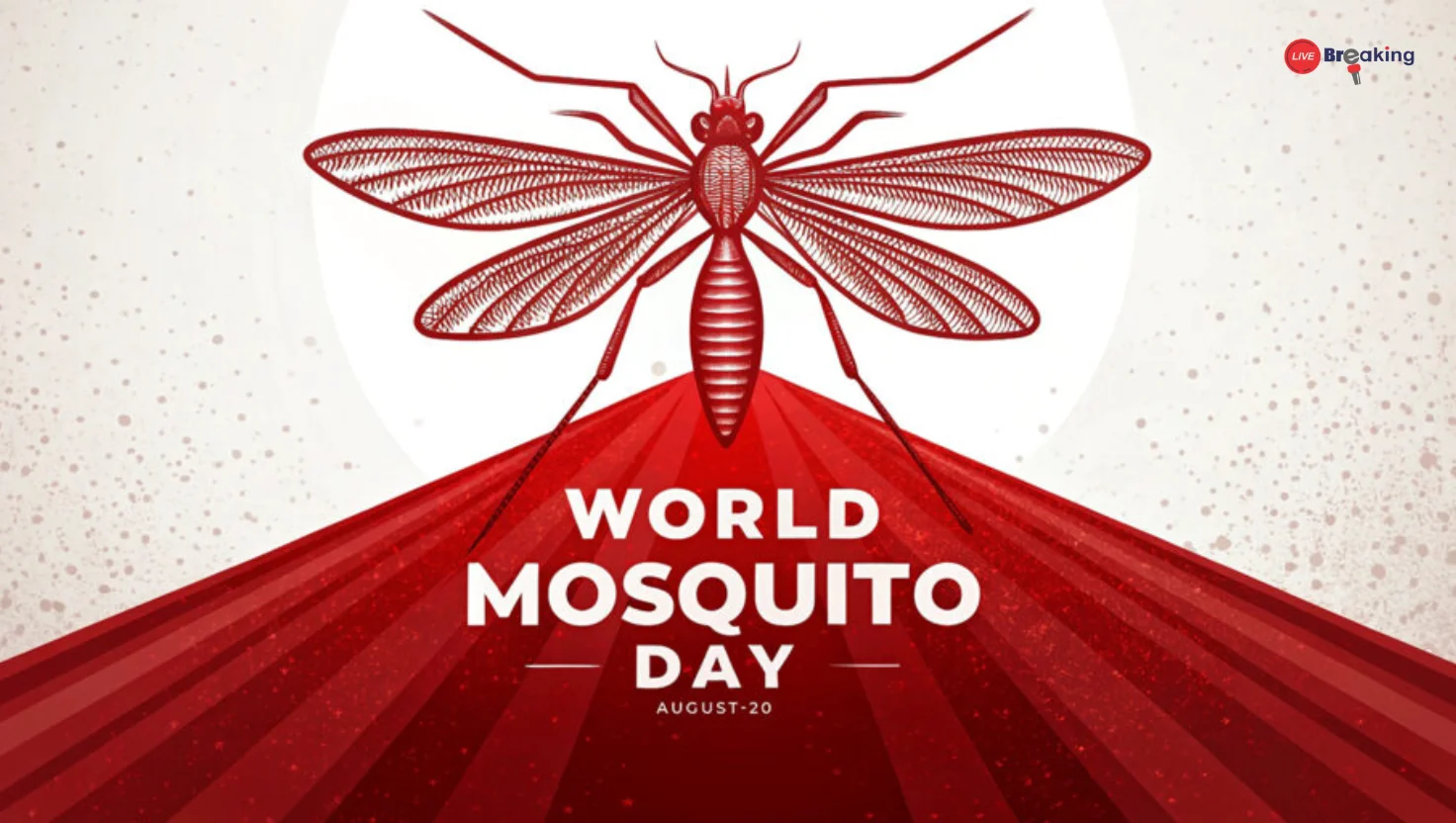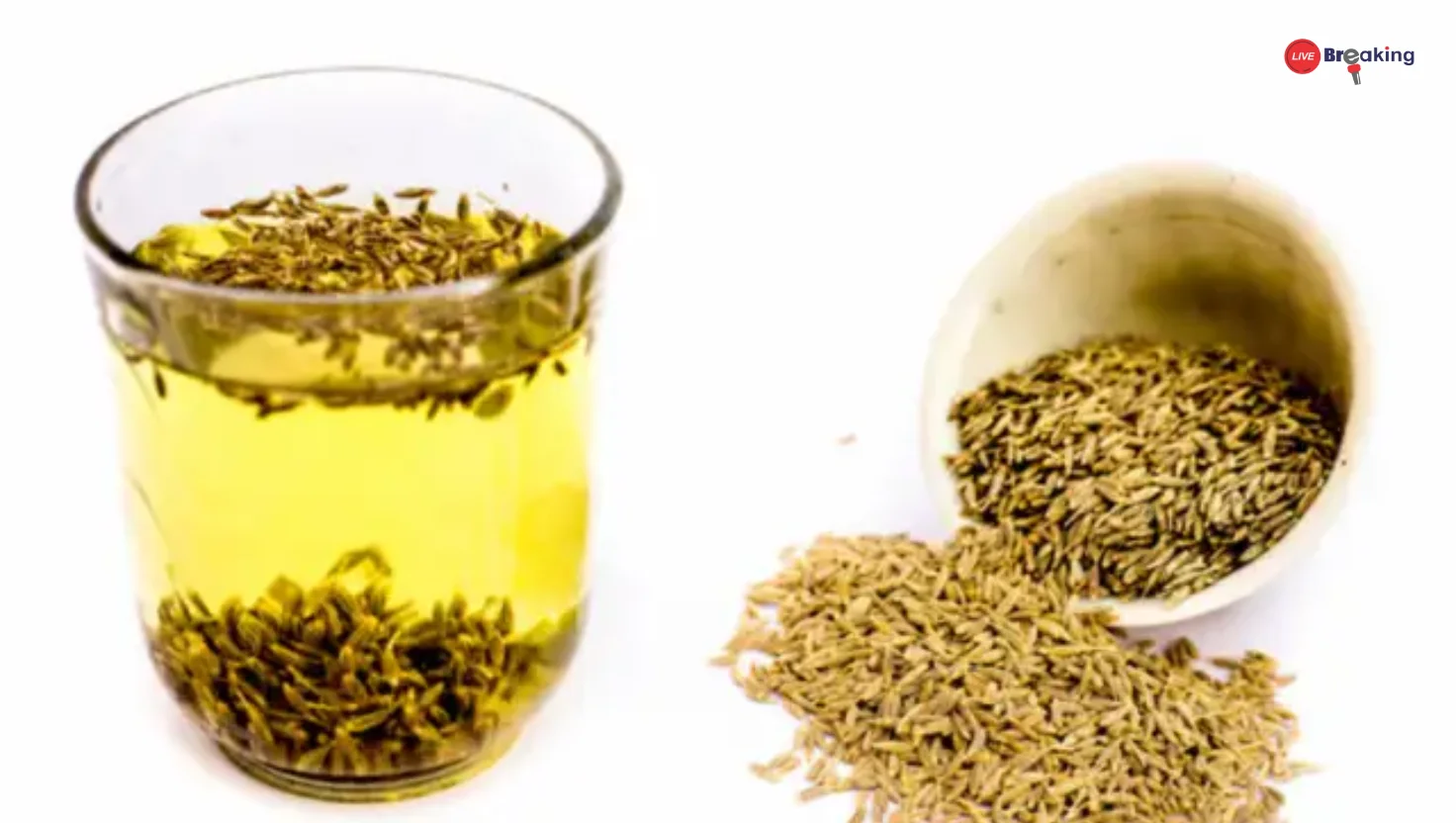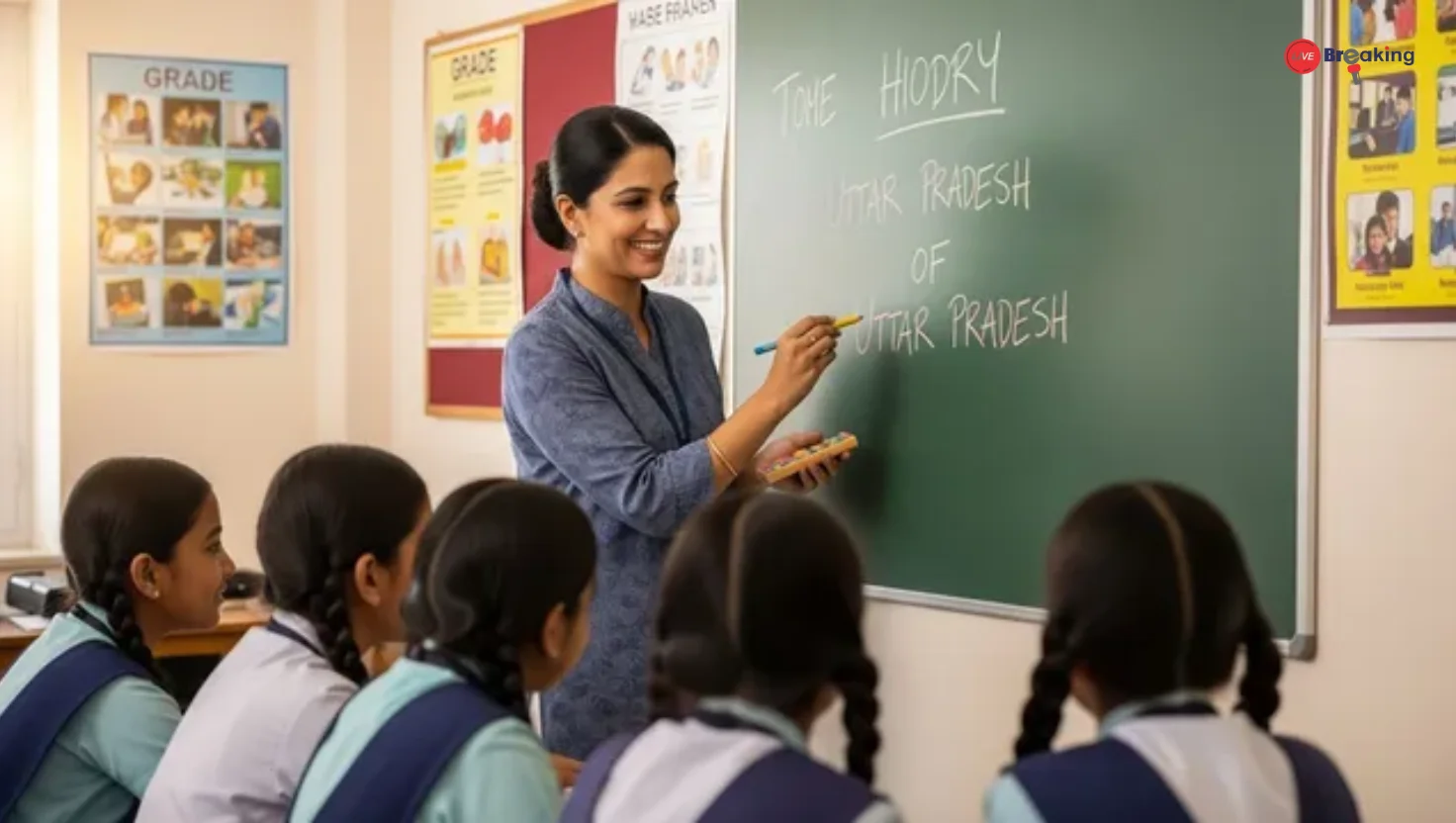World Mosquito Day: Why Prevention Matters More Than Ever
Every year on August 20, the world observes World Mosquito Day—a day dedicated to raising awareness about one of the smallest yet deadliest creatures on the planet. Far from being just a nuisance, mosquitoes are responsible for transmitting life-threatening diseases such as malaria, dengue, chikungunya, yellow fever, and Zika virus. These illnesses claim hundreds of thousands of lives annually, especially in tropical and subtropical regions.
The date commemorates the discovery made by British doctor Sir Ronald Ross in 1897, who proved that female Anopheles mosquitoes transmit malaria parasites between humans. This breakthrough transformed our understanding of disease transmission and paved the way for prevention and control strategies.
Mosquito-Borne Diseases: A Silent Global Crisis
According to the World Health Organization (WHO), mosquito-borne diseases affect millions every year, with malaria alone causing over 600,000 deaths globally. Dengue has been spreading rapidly in recent decades, now posing a risk to half the world’s population. Climate change, urbanisation, and increased travel have further expanded the range of mosquitoes, making these diseases a concern even in areas where they were once rare.
Read more: Morning Energy vs Evening Strength: When Should You Exercise?
Prevention: The First Line of Defence
Efforts to fight mosquito-borne diseases focus heavily on prevention, including:
-
Eliminating Breeding Grounds – Stagnant water in containers, drains, and open spaces should be removed to disrupt mosquito breeding cycles.
-
Personal Protection – Using mosquito nets, repellents, and protective clothing can greatly reduce the risk of bites.
-
Community Action – Coordinated cleanliness drives and awareness campaigns can help control mosquito populations.
-
Vaccines & Treatments – Advances such as malaria and dengue vaccines are critical tools in long-term disease control.
Global Efforts and Challenges
Governments, NGOs, and health agencies have intensified vector control programs, from insecticide spraying to releasing genetically modified mosquitoes that cannot transmit diseases. However, the fight is complicated by challenges such as insecticide resistance, gaps in healthcare infrastructure, and public awareness deficits.
Read more: Coffee or Matcha: Which One Is Better for Daily Health? A Nutritionist Explains
International partnerships, such as the Roll Back Malaria Partnership and Global Vector Control Response, aim to align resources and strategies. Yet, experts stress that long-term success requires sustained funding, public participation, and innovative solutions.
The Role of Public Awareness
World Mosquito Day is not just about scientific breakthroughs—it’s about ensuring that communities understand the dangers mosquitoes pose and the steps they can take to protect themselves. Public education campaigns can transform awareness into action, reducing the burden of disease worldwide.
A Shared Responsibility
Mosquito-borne diseases are a global health threat that demands collective action. On this World Mosquito Day, the message is clear: prevention is everyone’s responsibility. By working together—governments, scientists, communities, and individuals—we can protect millions of lives and move closer to a future where mosquito-borne illnesses are no longer a deadly threat.














